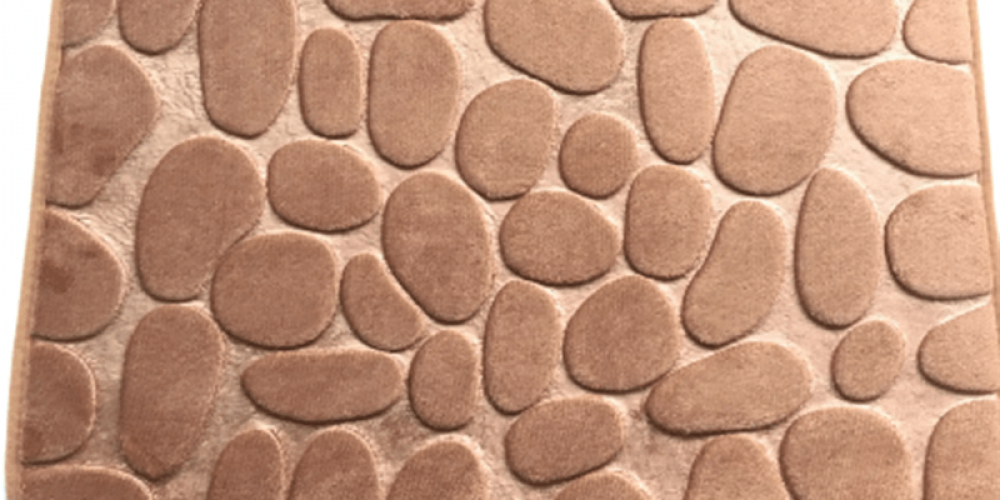
Embossing machines are widely used across multiple industries, primarily including but not limited to the following sectors:
1. Textile Industry
In the textile industry, embossing machines are commonly employed in processing fabrics, curtains, bedding, and other textile products. Through embossing treatments, unique patterns and textures can be imparted to textiles, enhancing their decorative appeal and aesthetic quality. This meets market demands for personalized and fashionable textile products.
2. Apparel Industry
Embossing machines play a vital role in the apparel industry. They are used for creating garment fabrics or accessories such as buttons, shoelaces, and shirts. Embossing adds texture and modernity to clothing, boosting its added value and market competitiveness. Additionally, fully automatic ultrasonic embossing machines are increasingly adopted in the apparel and luggage sectors, efficiently handling complex embossing and welding tasks to improve production efficiency and product quality.
3. Leather Industry
Leather embossing machines are essential equipment in the leather industry. They apply embossing treatments to leather materials to create intricate patterns and textures. This technique is widely used in footwear, leather goods, furniture, and other fields, catering to consumer demand for high-quality, personalized leather products.
4. Toy Industry
In the toy industry, embossing machines can be utilized for surface treatments on toys. Embossing adds fun and appeal to toys, enhancing their market competitiveness.
5. Food Industry
While not a primary application, embossing machines may occasionally be used in the food sector during the processing of packaging materials. They create specific patterns and textures on packaging to improve visual appeal and brand image.
6. Eco-Friendly Non-Woven Bag Industry
With the growing awareness of environmental protection, demand for eco-friendly non-woven bags has surged. Embossing machines can apply decorative patterns and textures to these bags, fulfilling consumers’ dual requirements for aesthetics and practicality.